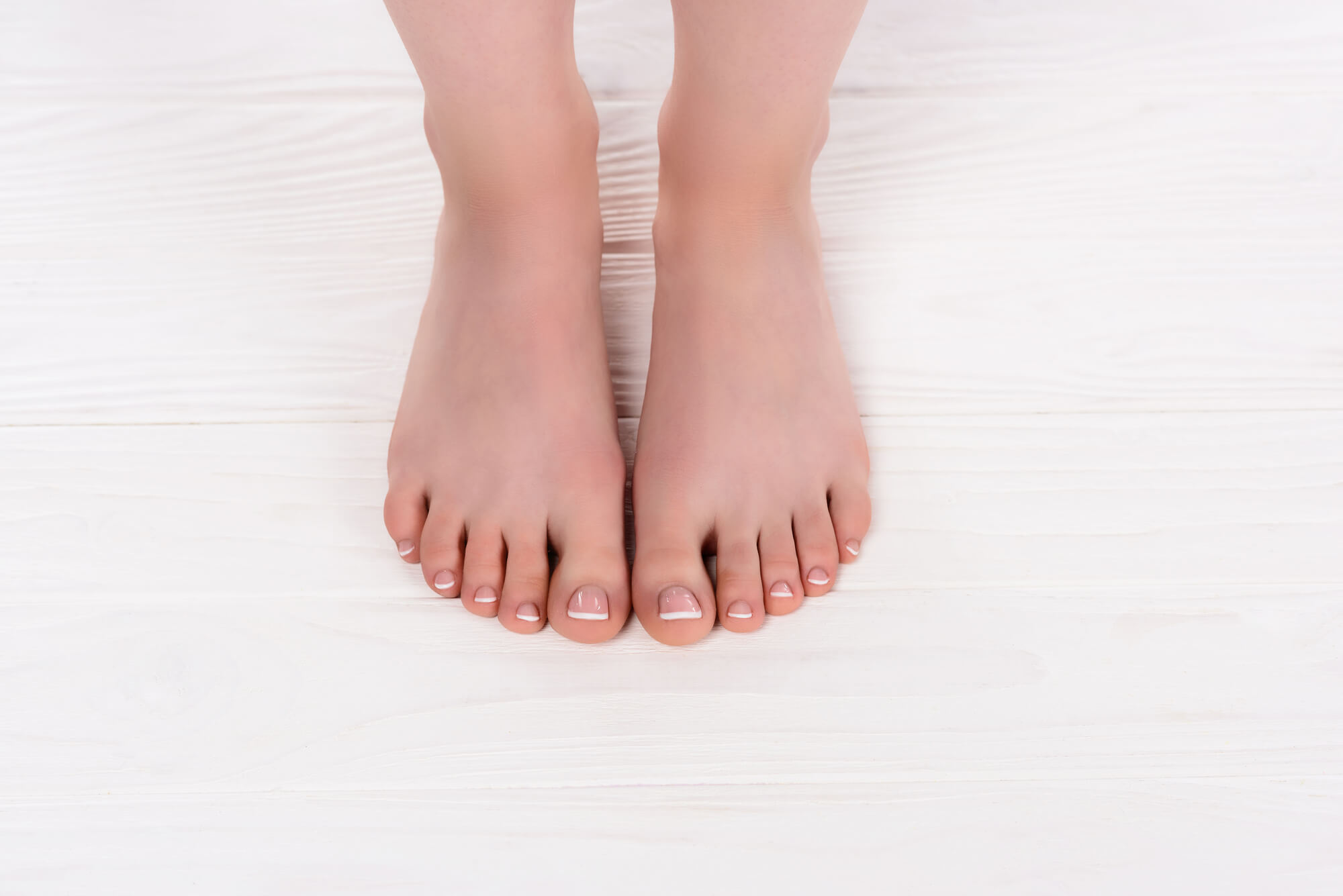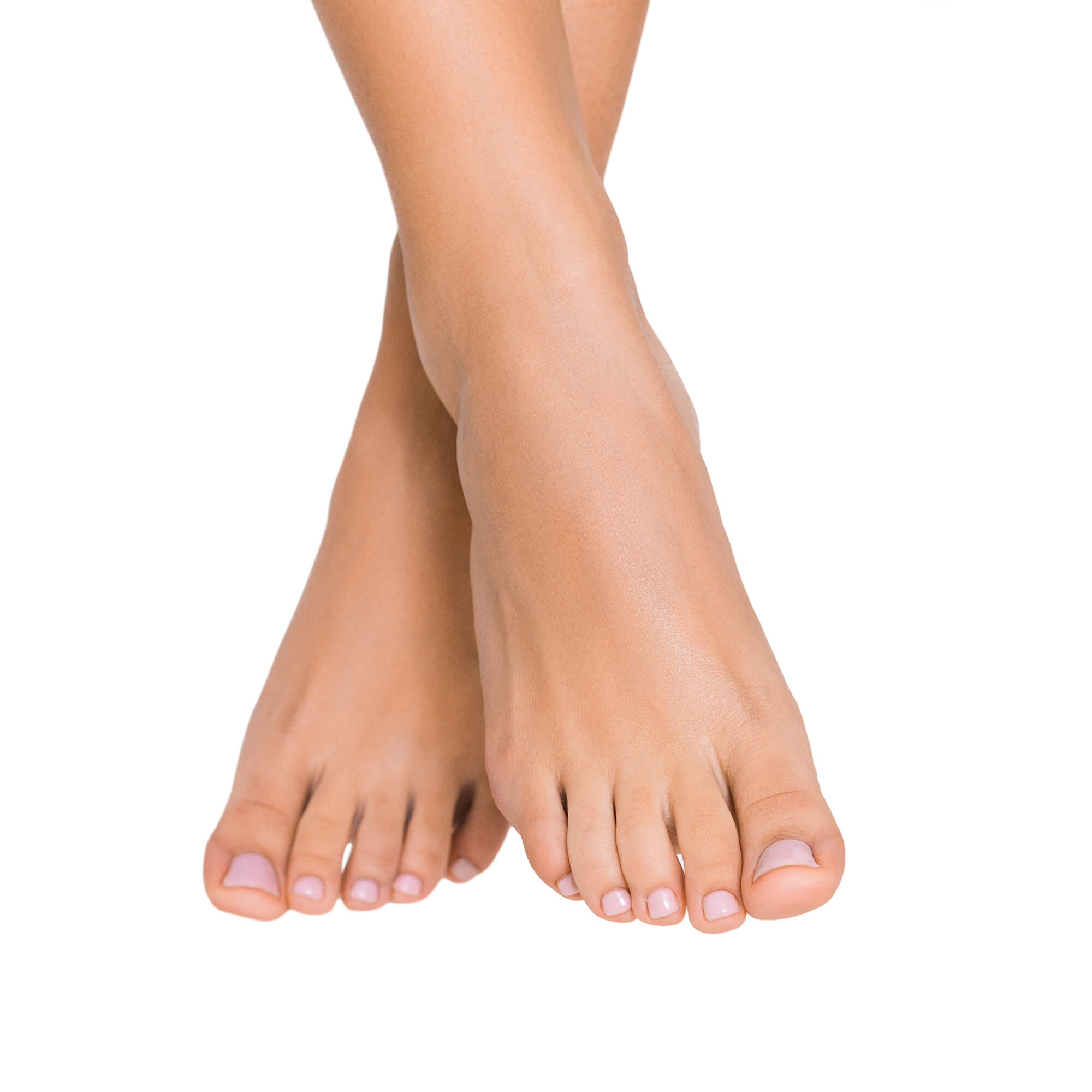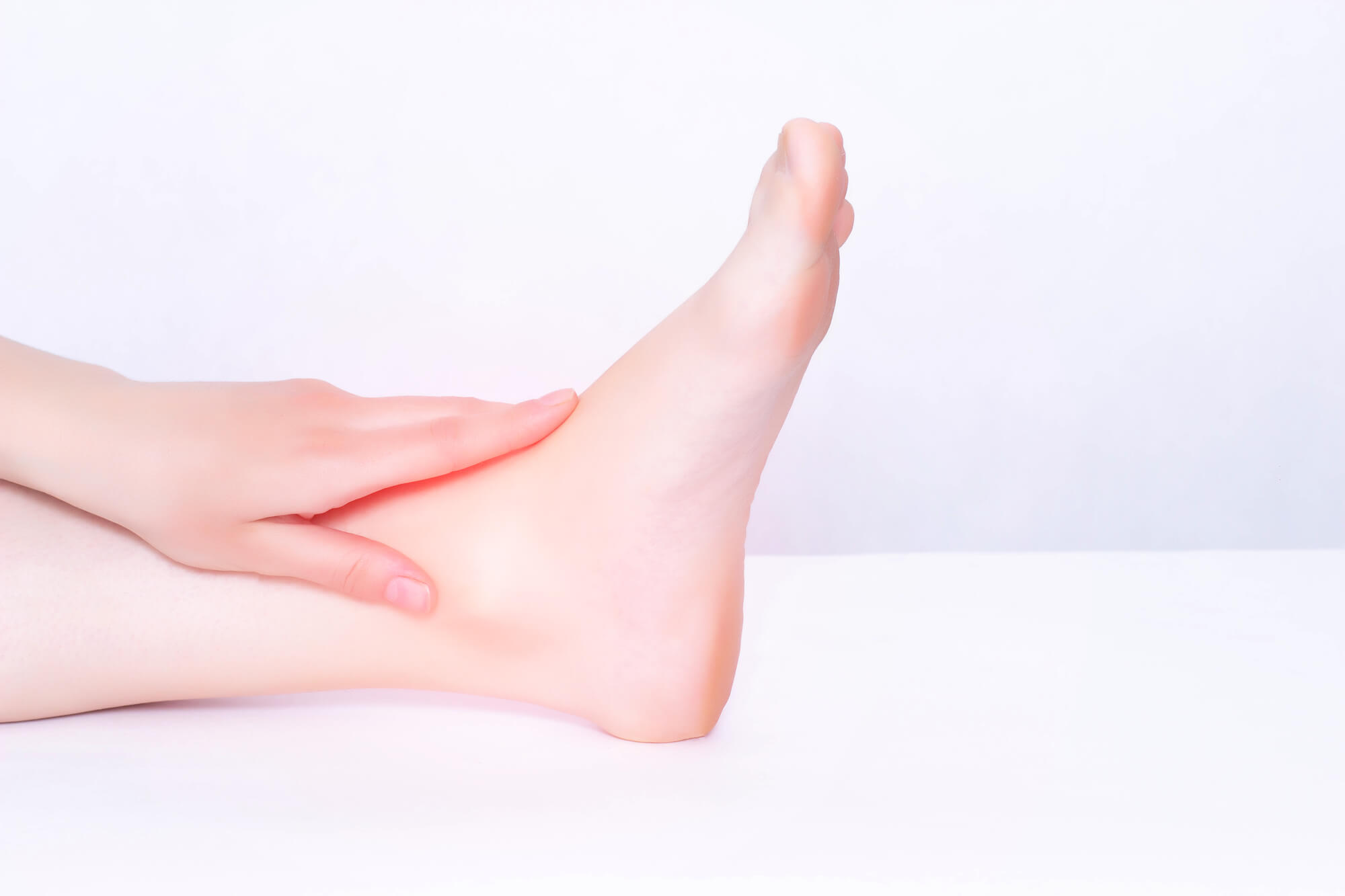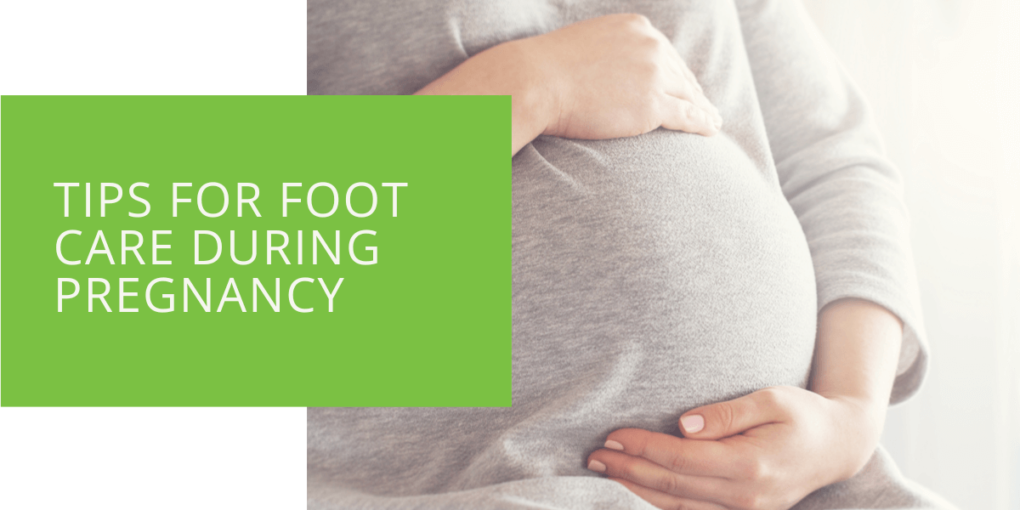Tips for Foot Care During Pregnancy
Pregnancy can be a time of excitement and anticipation but can also bring many physical changes and challenges. One area that is often affected during pregnancy is the feet. The extra weight and changes in hormone levels can cause foot problems such as swelling, edema, and foot pain. In this article, we'll explore tips for foot care during pregnancy to help keep your feet healthy and comfortable throughout this exciting time.
Foot Problems During Pregnancy
Here are some of the most common foot problems experienced by pregnant women:
- Swelling and edema: As the body prepares for childbirth, the feet and ankles may become swollen due to the extra fluid in the body.
- Flat feet: The weight gain and changes in hormone levels during pregnancy can cause the arches of the feet to flatten, leading to foot pain.
- Plantar fasciitis: This condition is characterized by pain in the heel or arch of the foot and can be caused by the extra weight and strain placed on the feet during pregnancy.
- Ingrown toenails: The pressure on the toes from ill-fitting shoes can cause toenails to grow into the surrounding skin, causing pain and discomfort.
- Corns and calluses: The added pressure on the feet from the extra weight can cause hard, thickened areas of skin to develop on the feet.
- Bunions: Pregnancy hormones can cause the ligaments in the feet to loosen, exacerbating any existing bunion condition.

Foot Care Tips During Pregnancy
Here are some tips for taking care of your feet during pregnancy:
- Wear comfortable and supportive footwear: Choose shoes with good arch support and a wide toe box. Avoid high heels and tight shoes that can put extra pressure on the feet and toes.
- Take breaks and elevate your feet regularly: Elevating your feet above your heart can help reduce swelling and improve circulation. Take regular breaks throughout the day to rest and elevate your feet.
- Use compression socks or stockings: Compression socks can help to improve blood flow and reduce swelling in the feet and ankles.
- Practice foot exercises and stretches: Gentle exercises and stretches can help to strengthen the muscles and ligaments in the feet and reduce foot pain.
- Maintain good foot hygiene: Keep your feet clean and dry, and be sure to trim your toenails straight across to prevent ingrown toenails.
- Get regular foot checkups with a podiatrist: A podiatrist can help to monitor any foot problems and provide personalized advice and treatment to keep your feet healthy and pain-free.

The Importance of Hydration
Staying hydrated is important during pregnancy for many reasons, including foot health. When the body is dehydrated, blood flow can become restricted, exacerbating foot swelling and edema. Make sure to drink plenty of water throughout the day, and try to avoid drinks with caffeine and high sugar content, as they can contribute to dehydration.
Stretching and Foot Exercises
Gentle stretching and foot exercises can help to improve foot strength, flexibility, and circulation and reduce the risk of foot problems. Here are some simple exercises you can do during pregnancy:
- Toe curls: Sit in a chair with your feet flat. Slowly curl your toes toward the sole of your foot and hold for a few seconds before releasing.
- Ankle circles: While seated, slowly rotate your feet in a circular motion, starting with small circles and gradually increasing the size of the circles.
- Calf stretches: Stand facing a wall and place your hands on the wall at shoulder height. Step one foot back and bend your front knee, while keeping your back leg straight. You should feel a stretch in your calf. Hold for a few seconds, and then switch legs.

Footwear Tips
The right footwear can make a big difference in foot health during pregnancy. Here are some tips to keep in mind:
- Choose shoes with a wide toe box and good arch support.
- Avoid high heels and shoes with a narrow toe box.
- Opt for shoes made from breathable materials, such as leather or canvas.
- Wear sandals or flip-flops in summer to reduce foot sweating and improve airflow.
When to See a Podiatrist
If you experience any of the following foot problems during pregnancy, it's important to seek help from a podiatrist:
- Pain or discomfort that lasts for an extended period
- Signs of infection or injury, such as redness or swelling
- Sudden changes in the appearance of the feet or toenails
- Difficulty with walking or balance
A podiatrist can provide personalized treatment and advice to help alleviate foot problems and keep your feet healthy during pregnancy.
Conclusion
Taking care of your feet during pregnancy is important to maintaining overall health and well-being. Following these foot care tips and working closely with a podiatrist can reduce foot pain and discomfort and help enjoy a more comfortable pregnancy. Remember to hydrate, stretch, and wear appropriate footwear to improve circulation and reduce the risk of developing foot problems.

